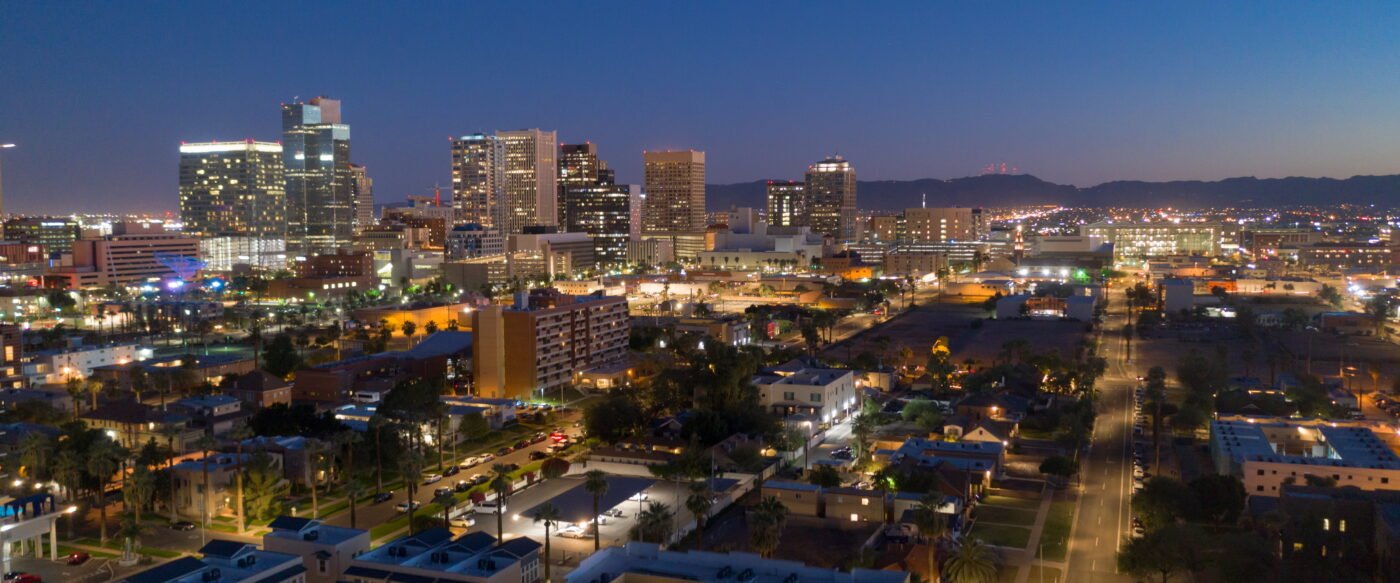
Water Quality in Phoenix, Arizona
Overview
Phoenix, Arizona, is committed to providing high-quality drinking water to its residents. The city’s water supply meets or surpasses all federal and state drinking water standards. The Phoenix Water Services Department ensures that the water is safe, clean, and reliable for the approximately 1.7 million residents it serves.
Water Sources
- Surface Water: The majority of Phoenix’s water supply comes from surface water sources, including the Salt River, Verde River, and Colorado River. This water is treated at one of the city’s water treatment plants before being distributed to residents.
- Groundwater: In addition to surface water, Phoenix also relies on groundwater from wells throughout the city. This groundwater is blended with surface water to ensure a consistent supply.
Water Quality Monitoring
Phoenix conducts millions of tests and measurements annually to monitor water quality1. The city follows strict guidelines set by the U.S. Environmental Protection Agency (EPA) and the Arizona Department of Environmental Quality (ADEQ) to ensure that the water is safe for consumption.
Contaminants and Treatment
The city’s water treatment process includes several steps to remove contaminants and ensure water safety:
- Screening and Pre-sedimentation: Large particles such as plant matter and debris are removed.
- Coagulation, Flocculation, and Sedimentation: Chemicals are added to cause tiny particles to cling together and settle to the bottom.
- Filtration: The cleaner water passes through filters to remove remaining particulate matter.
- Disinfection: Chlorine is added to kill disease-causing microorganisms, and fluoride is added to prevent tooth decay.
Water Hardness
Phoenix’s water is considered “hard” due to its high mineral content, primarily calcium and magnesium. The hardness levels in Phoenix range from 13 to 17 grains per gallon (gpg), which is equivalent to 230 parts per million (ppm). This hardness level can cause several issues, including:
- Difficulties in Cleaning: Hard water can interfere with the effectiveness of soaps and detergents.
- Spots on Dishware: Mineral content can leave spots or streaks on glassware and dishes.
- Plumbing Issues: Hard water can lead to build up or scale within pipes and on appliances, potentially causing blockages and decreasing the lifespan of plumbing fixtures.
Solutions for water hardness in San Diego
- Water Softeners: Installing a water softener can help reduce the hardness of the water. This is not the best option because water softeners exchange salt for hardness, adding an unhealthy amount of salt to your drinking water. Which is corrosive and bad for the environment. Its usage is also being banned in many municipalities.
- HydroFLOW: this is the best option for treating hard water. It lets you keep the healthy calcium in your water but renders it harmless by not allowing it to adhere to your plumbing and fixture surfaces. Learn more about the benefits of HydroFLOW here.
Conclusion
Phoenix provides high-quality drinking water that meets all safety standards. The city’s water supply is sourced from both surface water and groundwater, and it undergoes rigorous treatment and monitoring processes. While the water is hard, the city offers solutions to manage the effects of water hardness on daily life.
For more detailed information, you can view the Phoenix Water Quality Reports or contact the Phoenix Water Services Department at (602) 262-6251.